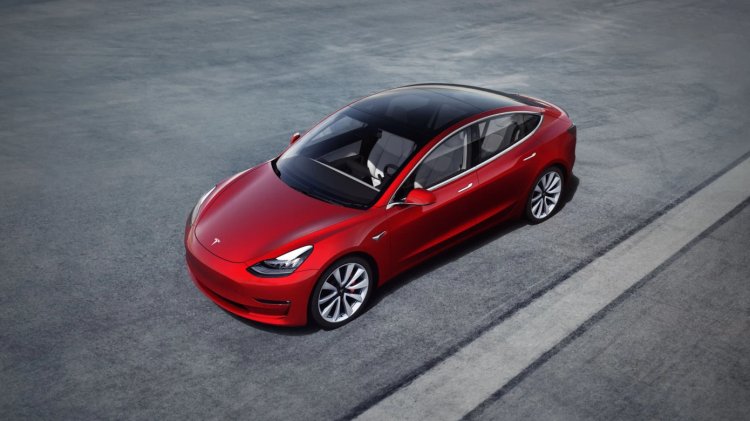Tesla Expects Reduction of Tax Credits for Model 3 and Model Y by 2024
Tesla Anticipates Reduction of Model 3 and Model Y Tax Credits by 2024

Tesla has updated its website, stating that the $7,500 federal tax credits for purchasing its Model 3 and Model Y electric vehicles are likely to be reduced after December 31. These tax incentives have played a significant role in Tesla's record-breaking delivery numbers, along with the company's price cuts. However, analysts express concerns about the potential impact on Tesla's profit margins if the tax credits are diminished.
The specific reason for the expected loss of federal tax credits by the end of 2023 was not provided by Tesla. However, it is speculated that stricter battery regulations set to be enforced by the government in the following year could be a contributing factor.
The tax credit consists of two components: a battery requirement and a critical minerals requirement, each worth $3,750. In 2023, for the battery requirement, 50% of the vehicle's battery must be assembled or manufactured within North America, which will increase to 60% in 2024. Regarding the critical minerals requirement, 40% of the critical minerals in a car's battery must be sourced or processed within the U.S. or from a country with a free trade agreement with the U.S. By 2024, this percentage will rise to 50%. Furthermore, starting in 2024, vehicles cannot use battery parts from China or any other country of concern if they wish to retain their tax credits. In 2025, EVs cannot contain any critical minerals sourced from China or other countries of concern.
Tesla currently relies on Chinese company CATL and South Korean company Panasonic for batteries in its Model 3 vehicles, and it has recently partnered with Chinese automaker BYD for batteries in its Model Y. These stringent requirements aim to reduce dependence on China for battery manufacturing and components. Despite significant investments from automakers and battery manufacturers to establish local production, ending this reliance remains a challenging task.
China is the dominant player in cathode, anode, and refined battery materials production, with six of the top 10 battery manufacturing companies based in the country. In 2022, China's battery production capacity reached 838 GWh, surpassing the rest of the world combined, including the U.S., which had a capacity of 70 GWh, according to BloombergNEF data. Although the U.S. expects a tenfold increase in battery production capacity to around 908 GWh by 2027, China's capacity is projected to grow by 600%, highlighting the significant gap between the two countries.

 chandni
chandni 



